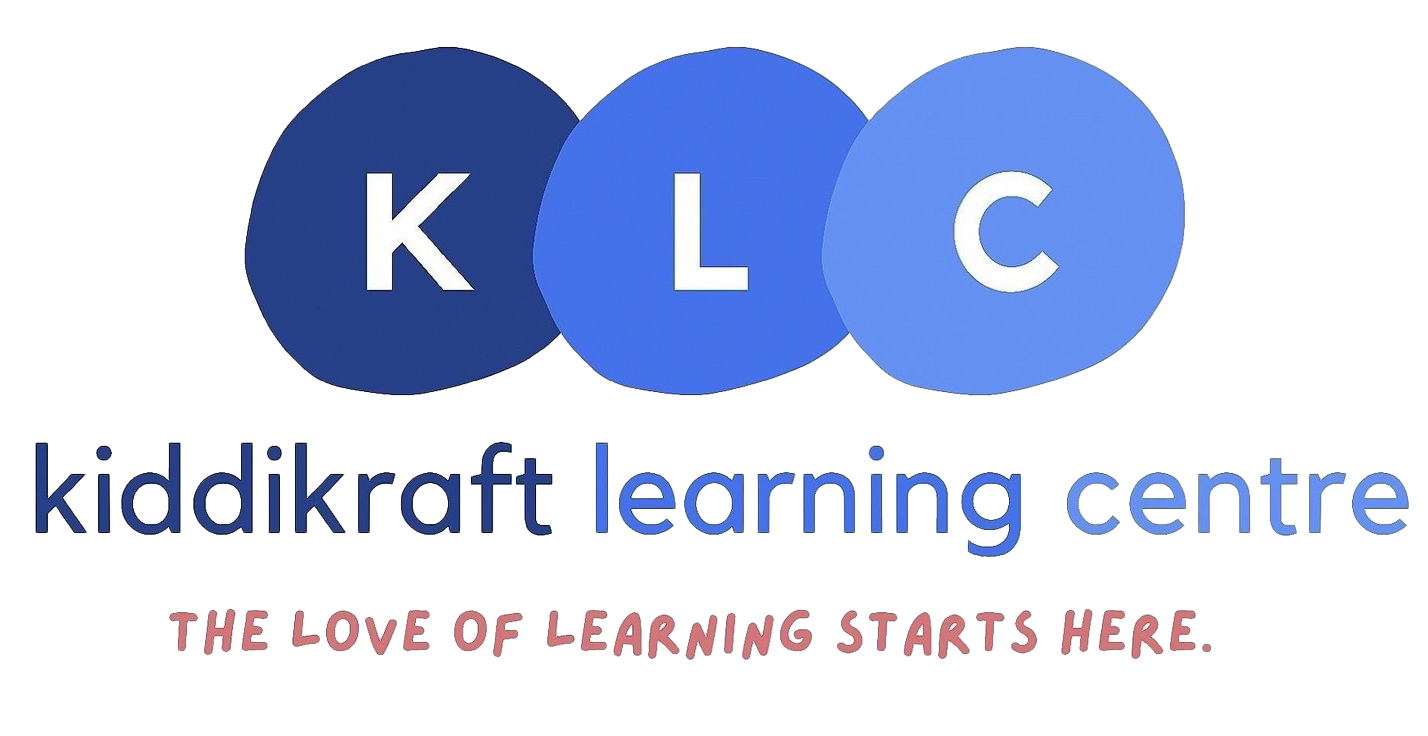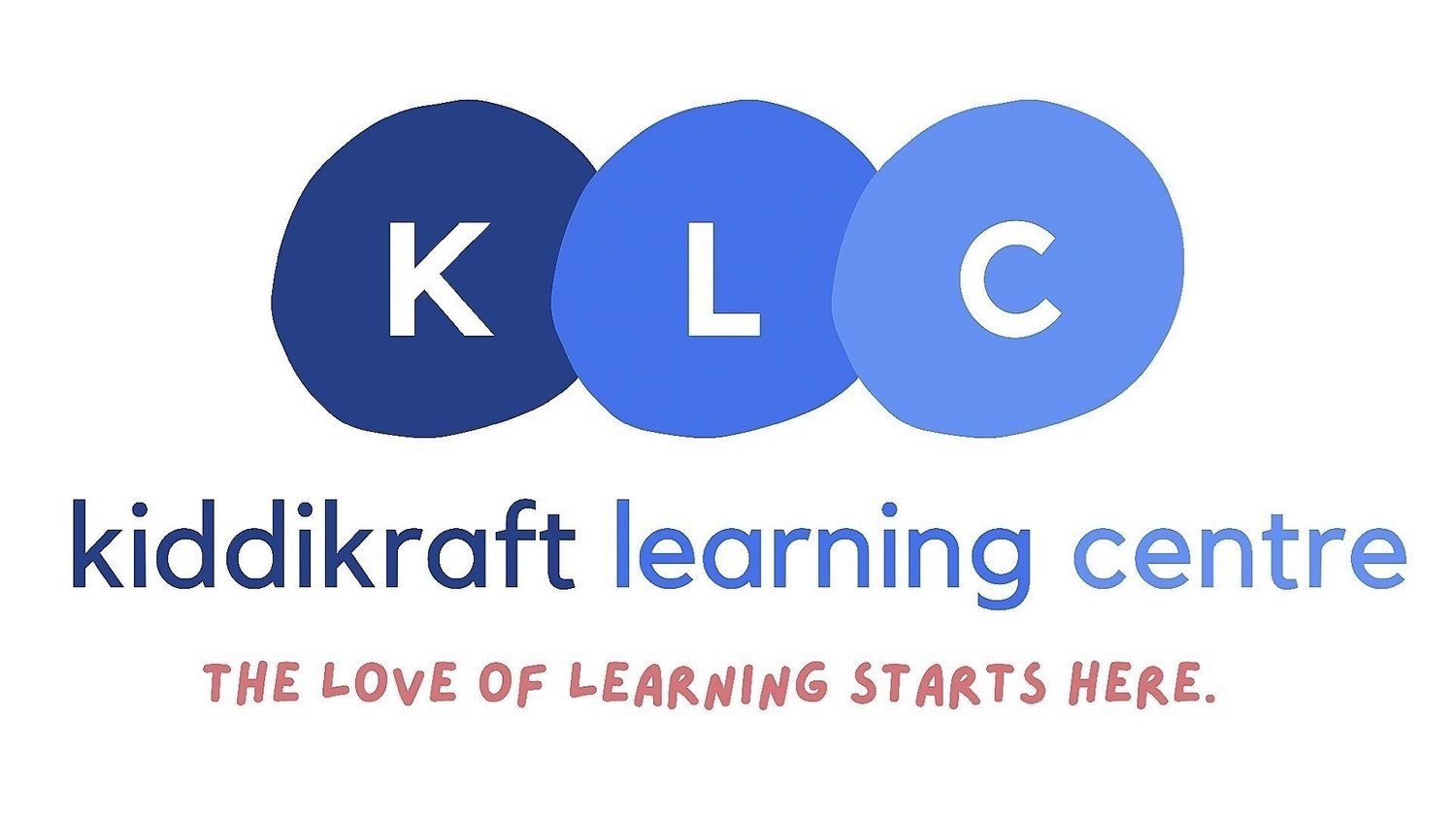Fostering Financial Literacy: Building Money Management Skills
Introduction:
Fostering financial literacy is essential for helping children develop the knowledge, skills, and habits they need to make informed financial decisions and achieve financial well-being. By teaching them about money management, budgeting, saving, and investing, parents can empower their children to build a secure financial future.
Teaching Basic Money Concepts:
Teach your child basic money concepts such as earning, spending, saving, and giving, and help them understand the value of money and the importance of making wise financial decisions. Use everyday opportunities to teach money lessons, such as budgeting for purchases or comparing prices at the store.
Introducing Budgeting Skills:
Introduce your child to budgeting skills by helping them create a simple budget to track their income and expenses. Teach them how to prioritize needs and wants, set spending limits, and allocate money towards savings goals and other financial priorities.
Encouraging Saving Habits:
Encourage your child to develop saving habits by setting savings goals and regularly setting aside money towards them. Provide opportunities for them to earn money through chores, allowance, or part-time jobs, and teach them the importance of saving for short-term and long-term goals.
Teaching Responsible Spending:
Teach your child responsible spending habits by helping them distinguish between needs and wants, and encouraging them to make thoughtful spending choices. Teach them to comparison shop, look for bargains, and resist impulse purchases, and to consider the long-term consequences of their spending decisions.
Introducing the Concept of Investing:
Introduce your child to the concept of investing and the potential benefits of long-term saving and investing. Teach them about different types of investments, such as stocks, bonds, and mutual funds, and help them understand the importance of diversification and risk management.
Setting Financial Goals:
Help your child set financial goals that are realistic, measurable, and achievable, and support them in developing a plan to reach their goals. Encourage them to set short-term and long-term goals, such as saving for a new toy, a college education, or their own business.
Teaching the Value of Giving:
Teach your child the value of giving back to others by encouraging them to donate a portion of their money or time to charitable causes and community service projects. Help them understand the impact of their generosity and the importance of helping those in need.
Modeling Financial Responsibility:
Model financial responsibility in your own attitudes and behaviours towards money, and demonstrate good money management practices in your daily life. Show your child how to create and stick to a budget, save for the future, and make wise financial decisions based on their values and priorities.
Celebrating Financial Milestones:
Celebrate your child's financial milestones and achievements, such as reaching savings goals, making their first investment, or successfully budgeting for a purchase. Highlight the importance of financial responsibility and the positive impact of their efforts on their financial well-being and future success.
Conclusion:
Fostering financial literacy is essential for helping children develop the knowledge, skills, and habits they need to make informed financial decisions and achieve financial well-being. By teaching basic money concepts, introducing budgeting skills, encouraging saving habits, teaching responsible spending, introducing the concept of investing, setting financial goals, teaching the value of giving, modeling financial responsibility, and celebrating financial milestones, parents can empower their children to build a secure financial future and achieve their financial goals and dreams.

